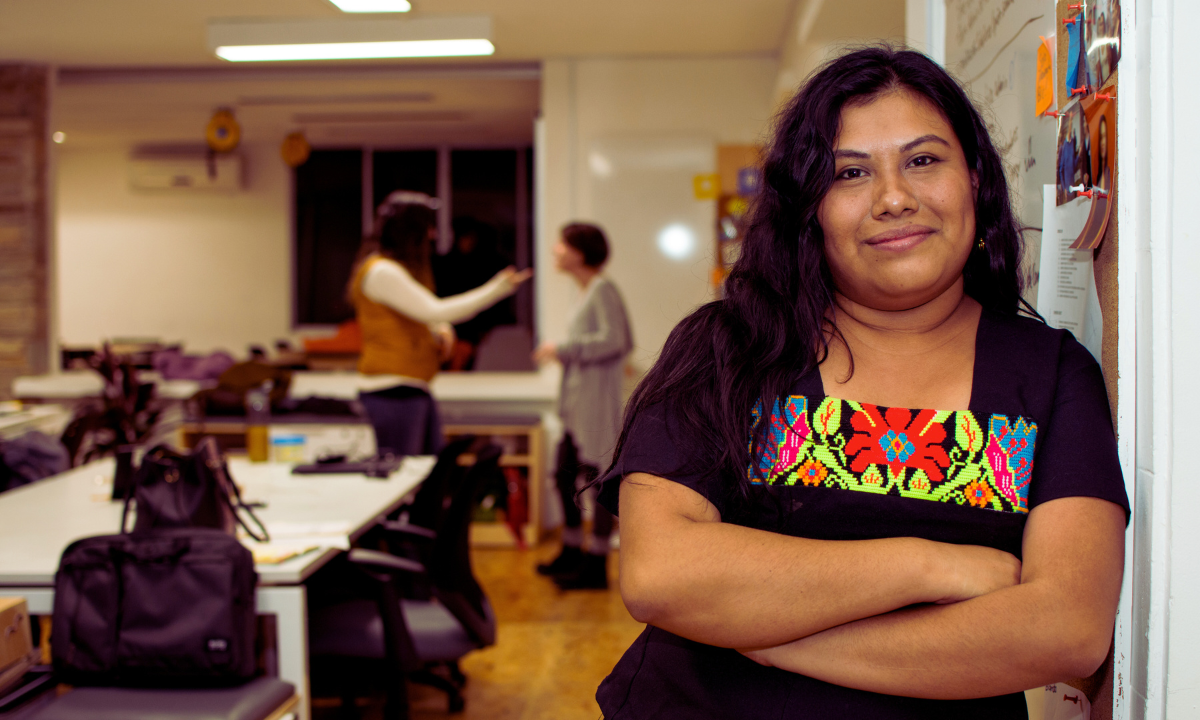
Reconciliation and Indigenous Philanthropy
About This Collection
Indigenous people represent 4.9 per cent of the population, but Indigenous charities generally receive less than one per cent of all gifted funds in Canada. What does this say about reconciliation? This collection explores the impact Indigenous-led organizations are having on the social purpose landscape, highlighting the innovation, the ingenuity and the endurance of Indigenous changemakers.
New report offers solutions, recommendations to grow Indigenous economy in Canada
Indigenous people in Canada face systemic barriers when trying to access capital. Changing how financial institutions calculate risk could change that.
Black Gold: Salish Soils ensures your kitchen compost returns to the land
Municipal compost programs still see vast amounts of waste head to landfills. Smaller, Indigenous-led efforts to improve soils and provide rich fertilizer could be a key to more effective programs.
How Canadian mining exploration companies get millions from charitable donations tax loophole
Charities nationwide are helping mining exploration companies raise more money by promoting and accepting flow-through share donations. Some say this is good for all. Others say it’s making charities complicit in the exploration industry’s harm to First Nations and the environment.
Canadian board game tackling anti-Indigenous racism takes top honours at United Nations global competition
Many Canadians have misconceptions about Indigenous peoples. Learning more about Canada’s colonial past can help dispel them.
Transmuting mistakes: how funders pivoted towards reconciliation after a social impact bond went wrong
Indigenous-led non-profits work tirelessly to address inequities and barriers faced by Indigenous people. Allies can lighten the load by empowering Indigenous-led organizations instead of competing with them.
McConnell commits $30M in capital transfer to Indigenous-led foundations. What's a capital transfer? And will others follow?
Black and Indigenous-led foundations have called on private foundations to transfer assets to them — to put them in charge of distributing resources to their own communities. But have funders been heeding these calls?
It’s 2023. Are you still using a ‘lip service’ land acknowledgement? There’s a better way — and a new Indigenous-led fundraising school is here to help.
Indigenous people are donors, volunteers, partners and beneficiaries in the charitable sector. Non-Indigenous teams need to be well-equipped to respectfully engage with Indigenous people in all of these roles. It’s both basic respect, and it’s mission-critical for modern charitable organizations’ funding models.
“Maps can be seen as truth”: Why Indigenous communities are using digital mapping to defend their land
GIS mapping superimposes layers of data about a location over a digital map to reveal trends and gaps in an area. For social purpose organizations working at local or regional levels, this information can be critical in driving awareness and funding towards specific communities’ challenges.
First-ever by-Indigenous for-Indigenous platform launches to help boost donations for Indigenous initiatives across the country
Many settler-led philanthropic organizations want to boost their financial support for Indigenous-led projects, but some lack relationships with Indigenous communities and don’t know where to start.
A flipped power dynamic: Philanthropists must apply to a council of aunties to fund these Indigenous groups
Funders and grantmakers often wield considerable power over their fundees, determining what gets funded, when and how. The Right Relations Collaborative flips this power dynamic by putting Indigenous aunties in the driver’s seat. The model is firmly rooted in a local territory, but offers a new approach to grantmaking that could inspire a shift in funding relationships across the country.
